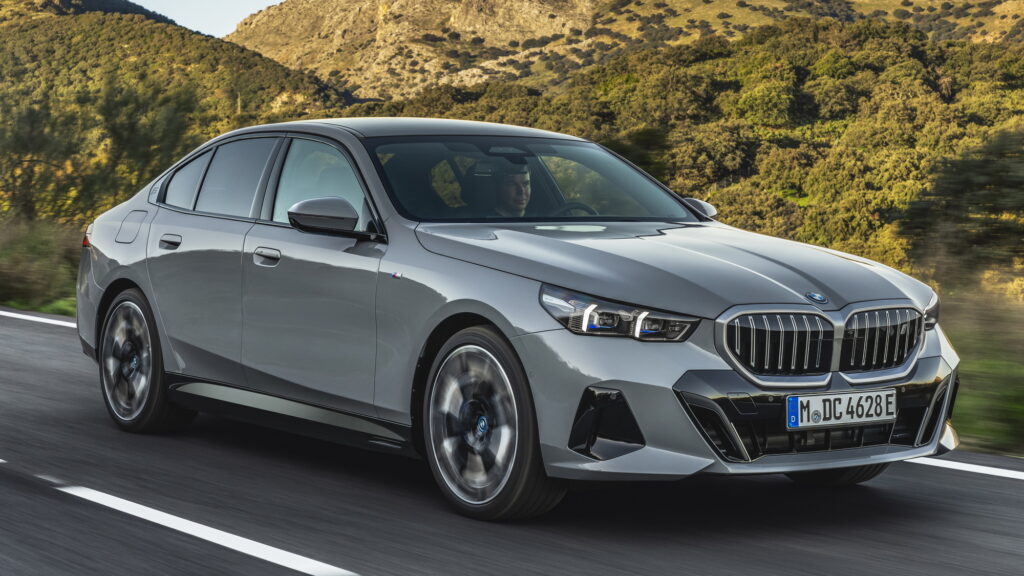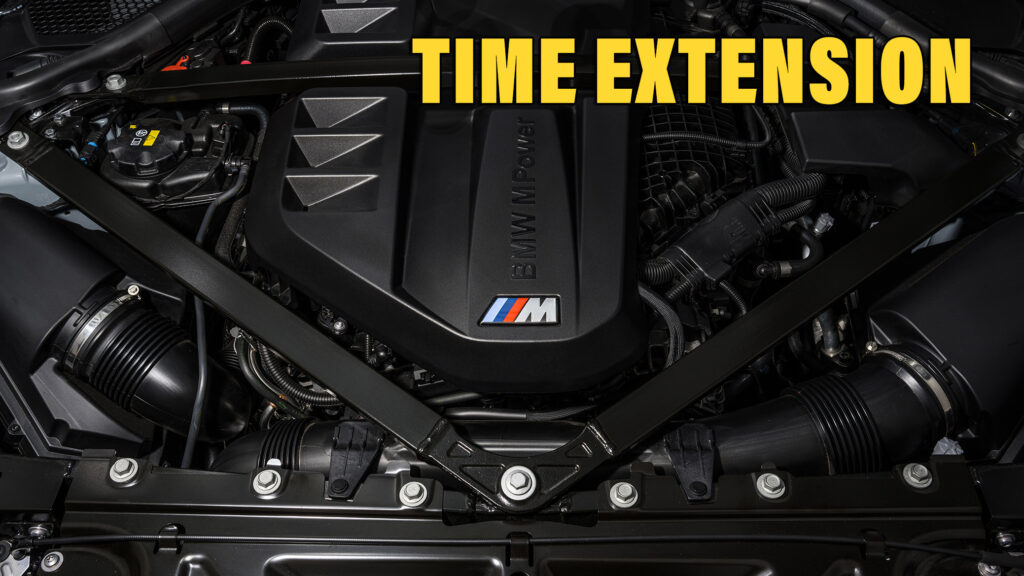BMW is on track to meet an ambitious EV sales target, meaning 15 percent of the vehicles it makes this year are powered by batteries. The automaker even says it’s increasing investment in electrification at a faster rate than originally planned to capitalize on the boom. Thanks to the introduction of the i5 and upcoming iX2 EV crossover, a massive 40 percent of vehicles produced in the firm’s biggest European plant next year will be electric.
But in what will come as a relief to many, BMW also stated that it wasn’t ready to talk about setting a date for the end of combustion-powered vehicle production. It cited continued strong ICE sales in major markets like China and the U.S. as reasons not to jump the gun.
“It’s still too soon,” Reuters reports Oliver Zipse telling investors on a call this summer. The CEO also made clear in a statement that cleaner combustion engines could play their part in reducing global CO2 emissions and said he believed a mix of available power sources made sense because different countries and regions in the world are developing at different rates.
Related: BMW Expects To Smash 50% EV Sales Goal Before Own 2030 Deadline

“In the USA, for example, the internal combustion engine remains relevant parallel to the ramp-up of e-mobility, which we see above all in states like California,” Zipse said. “In China, the government is promoting e-mobility, but there is no question of banning the combustion engine. In Japan, hybrid drive is in demand and there is a high level of interest in hydrogen.”
BMW’s 15 percent EV goal would put it ahead of its German rivals in the electric race: Mercedes and Porsche EV sales currently account for about 11 percent of their total volumes. Porsche’s EV share will certainly increase in the next couple of years as big-selling battery vehicles like the new electric Macan become available, but at the same time Porsche, like BMW, refuses to put a timeframe on the end of combustion production. Mercedes, on the other hand, has committed to largely eliminate all combustion engines from its passenger vehicles by the end of this decade.
But the BMW engines that do live on won’t escape battery power altogether. Most are already mild hybrids, and even engines like the S58 3.0-liter six seen in the engine bay of the M2 at the top of this post will have to gain some kind of electrical assistance to survive.




